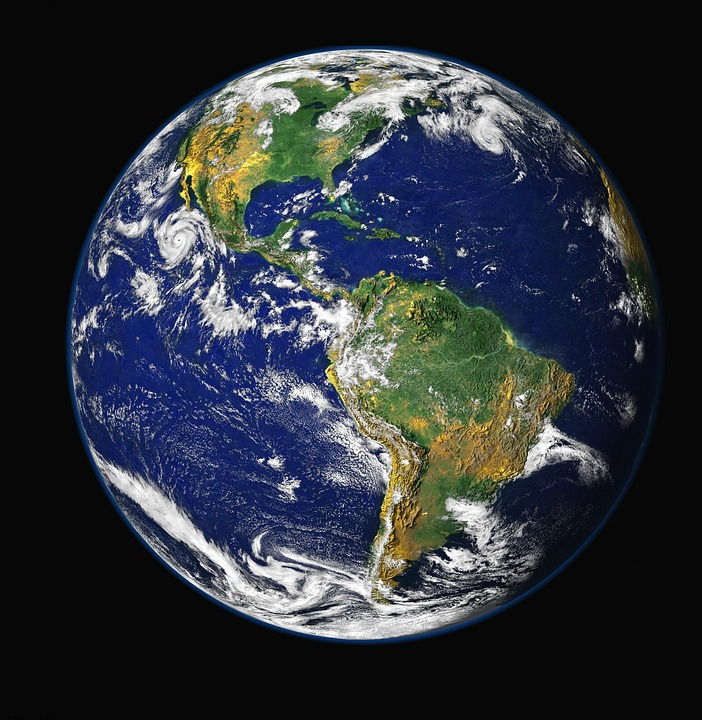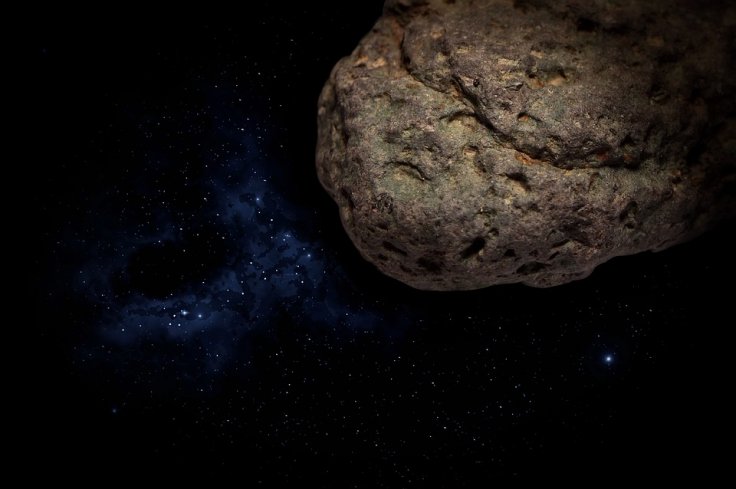Three-quarters of the Earth's surface is covered in water. And it's a crucial element of life. But where did this water come from?
Scientists hope that a meteorite which landed in a family's front yard in England in 2021 holds some answers. Researchers discovered that the Winchcombe meteorite, named after the town in Gloucestershire where it was found, contained water similar to that found on Earth.
The meteorite gave scientists a tantalising glimpse back through time to the original composition of the solar system about 4.6 billion years ago. Researchers believe asteroids made a leading contribution to water on Earth.

Asteroids Were The Main Source of Water
Dr Ashley King, a research fellow at the Natural History Museum in London and author of a new study on the space rock, says extraterrestrial rocks may have brought vital chemical components, such as water, to Earth billions of years ago. It established the oceans and all life on Earth. Analysis concludes that the meteorite originated from an asteroid body somewhere near Jupiter. It also said the ratio of hydrogen isotopes in the water closely resembled the composition of water on Earth.
King said meteorites like Winchcombe are a good match to the water in the Earth's oceans. The findings suggest asteroids were the main source of water. Researchers said extracts from the rock found extraterrestrial amino acids. This may be the strongest evidence that water and organic material were delivered to Earth by asteroids like the one Winchcombe broke away from.

Luke Daly, the co-author of the study and lecturer in planetary geosciences at the University of Glasgow, identified the meteorite as a CM carbonaceous chrondrite, a type of stony meteorite that contains a high composition of components that predate the solar system. He explained that everything inside the meteorite is 100% extraterrestrial, including the 11% water it contains, because the UK Fireball Alliance recovered the space rock within 12 hours of its landing.
"Most CM chondrites have Earth-like water these rocks alter and degrade within days or weeks of being on Earth, and so they could just be Earth-like because they have absorbed water or something," Daly said. He added that Winchcombe meteorite, which was the size of a basketball, was a lucky find.









